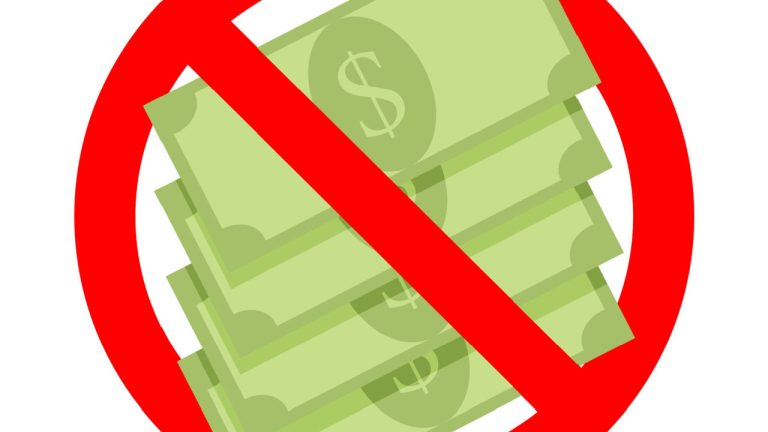Wednesday, 15 February 2023
Report: South Sudan Government Bans US Dollar Transactions (Bitcoin.com News)
by Berkeley Lovelace

The government of South Sudan has reportedly prohibited U.S. dollar-based transactions and has directed that all local payments be settled in the local currency. The Salva Kiir Mayardit government reportedly said it also wants all signed commercial contracts to be based on the local currency.
South Sudan’s Economic Meltdown
As part of initiatives aimed at reviving South Sudan’s war-torn economy, the government of Salva Kiir Mayardit recently outlawed U.S. dollar-based transactions, a report has said. In place of the greenback, the government reportedly directed that all local payments be settled with the local currency, the South Sudan pound (SSP).
According to a report in The East African, the move by the South Sudan government is likely to negatively impact the operations of importers and regional banks stationed in the hyperinflation-hit country.
Prior to banning dollar transactions, Slava Kiir’s government had set up a committee charged with recommending measures to resuscitate South Sudan’s hyperinflation-stricken economy. However, despite the presence of the committee, South Sudan still saw its worst economic meltdown in 2022. This, combined with the crippling hyperinflation, has now left as many as 7 million South Sudan residents facing severe food shortages and possible starvation.
Meanwhile, in addition to outlawing U.S. dollar-based transactions, the South Sudan government said it wants all signed commercial contracts to be based on the local currency.
“That is a clear directive from the Central Bank that all the transactions in South Sudan must be done in our currency. So all commercial contracts must be signed in our local currency,” Michael Makuei Lueth, the country’s information minister, reportedly said.
Despite sitting on top of the largest known crude oil reserves in Sub-Saharan Africa, the civil war as well as the continuing violent clashes between different groups has ensured that South Sudan remains one of Africa’s poorest and least stable countries.
Register your email here to get a weekly update on African news sent to your inbox:
What are your thoughts on this story? Let us know what you think in the comments section below.
